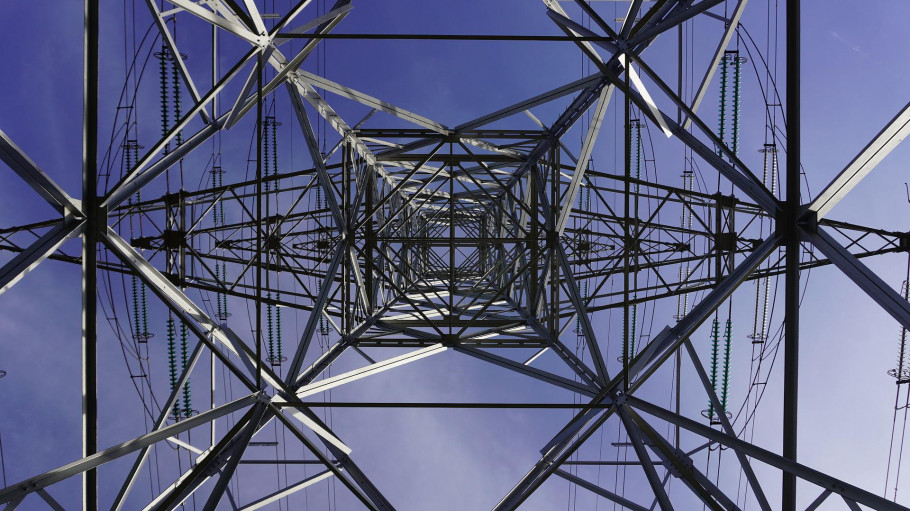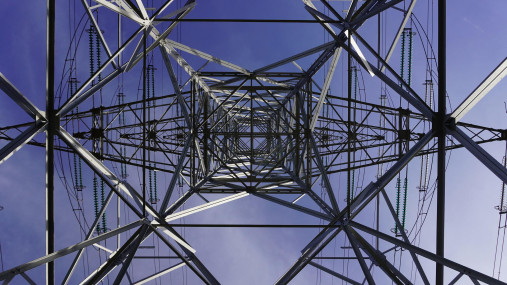
Publications » Position papers » EU gas and electricity prices. Urgent EU actions are needed
EU gas and electricity prices. Urgent EU actions are needed
Downloads and links
Recent updates

The undersigned energy intensive industries are representatives of a fundamental part of the European economy which is severely impacted by the ongoing energy crisis. Given the market concentration on the supply side, the volatility and extreme level of the European gas prices, one can question whether the gas market is working. This situation has serious consequences also for the electricity market.
With the EU gas peaking at 334 €/MWh TTF spot prices two weeks ago, which is 15 times its pre-crisis level, 10 times more than the US prices and well above the prices in Asia, it is clear that the relation with a normal market is lost. Beyond the current impact on citizens through inflation, destructive consequences on gas and electricity industrial users are inevitable.
The last weeks saw a great number of industrial plants shutting their doors or reducing their production in Europe and more are expected in the forthcoming weeks. These massive plants curtailments will increase Europe’s dependency on third markets for strategic supply chains and will drastically increase the global carbon emissions.
For many energy intensive industries there is currently no business case to continue production in Europe nor visibility and certainty for investments and further developments. The effects of those closures are also starting to have a severe impact on our value chains endangering European industrial base and the availability of essential products more broadly.
Immediate and impactful action is needed at European level, and we welcome your proactive role in this regard.
Therefore, against the background of the State of the Union address of 14 September and ahead of the Extraordinary Energy Council of 9 September, we call on the European Union to urgently introduce EU-wide measures aimed at limiting the price of natural gas and also measures designed to disconnect electricity prices from gas prices. The temporary crisis state aid framework also needs to be adjusted to this new reality.
Marco Mensink, Director General, CEFIC
Koen Coppenholle, Chief Executive, CEMBUREAU
Jori Ringman, Director General, CEPI
Renaud Batier, Director General, CERAME-UNIE
Rodolphe Nicolle, Secretary General, EULA
Ines Van Lierde, Secretary General, EUROALLIAGES
Axel Eggert, Director General, EUROFER
Guy Thiran, Director General, EUROMETAUX
Rolf Kuby, Director General, EUROMINES
Mara Caboara, Secretary General, EXCA
Jacob Hansen, Director General, Fertilisers Europe
Bertrand Cazes, Secretary General, Glass Alliance Europe

Download this publication or visit associated links
Brussels, 26 February 2026 — Europe’s steel industry has warned that the current draft Industrial Accelerator Act could direct public support for low-carbon steel to producers outside the European Union, unless lawmakers include and tighten ‘Made in Europe’ provisions.
Brussels, 24 February 2026 - Europe’s energy-intensive industries have set out a series of proposals to ensure that the EU’s upcoming Electrification Action Plan delivers on its objectives to stimulate and boost electricity consumption in industry. In a joint position paper, industries warn that persistently high electricity prices risk undermining industrial competitiveness and decarbonisation efforts. They call for a policy framework that will enable EU industry in pursuing decarbonisation and industrial competitiveness.
Energy-intensive industries (EIIs) provide direct employment to around 2.6 million people in the EU and represent the foundations of critical and strategic value chains for the EU economy and society. The current economic and energy outlook of the European Union is making investments in electrification and the continued business operation of our sectors at serious risk, should the energy-cost challenge not be solved.